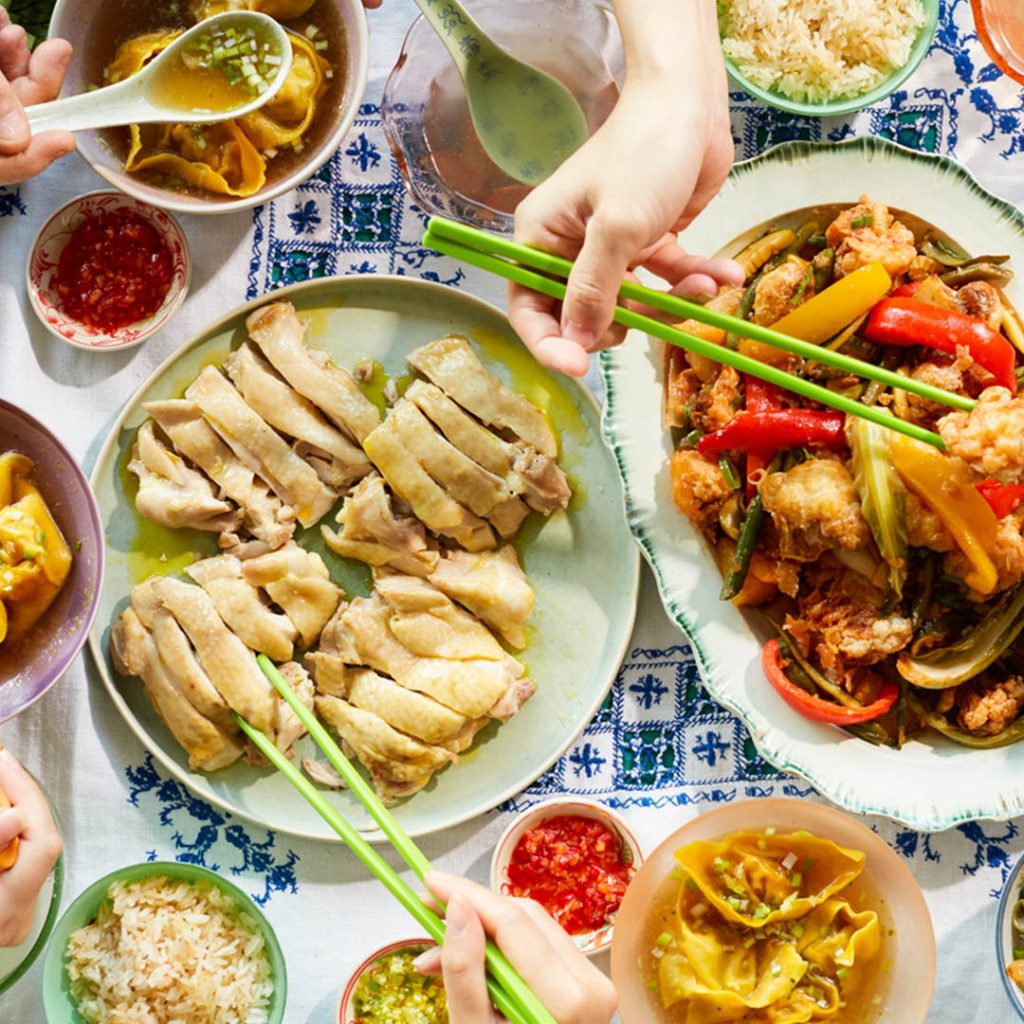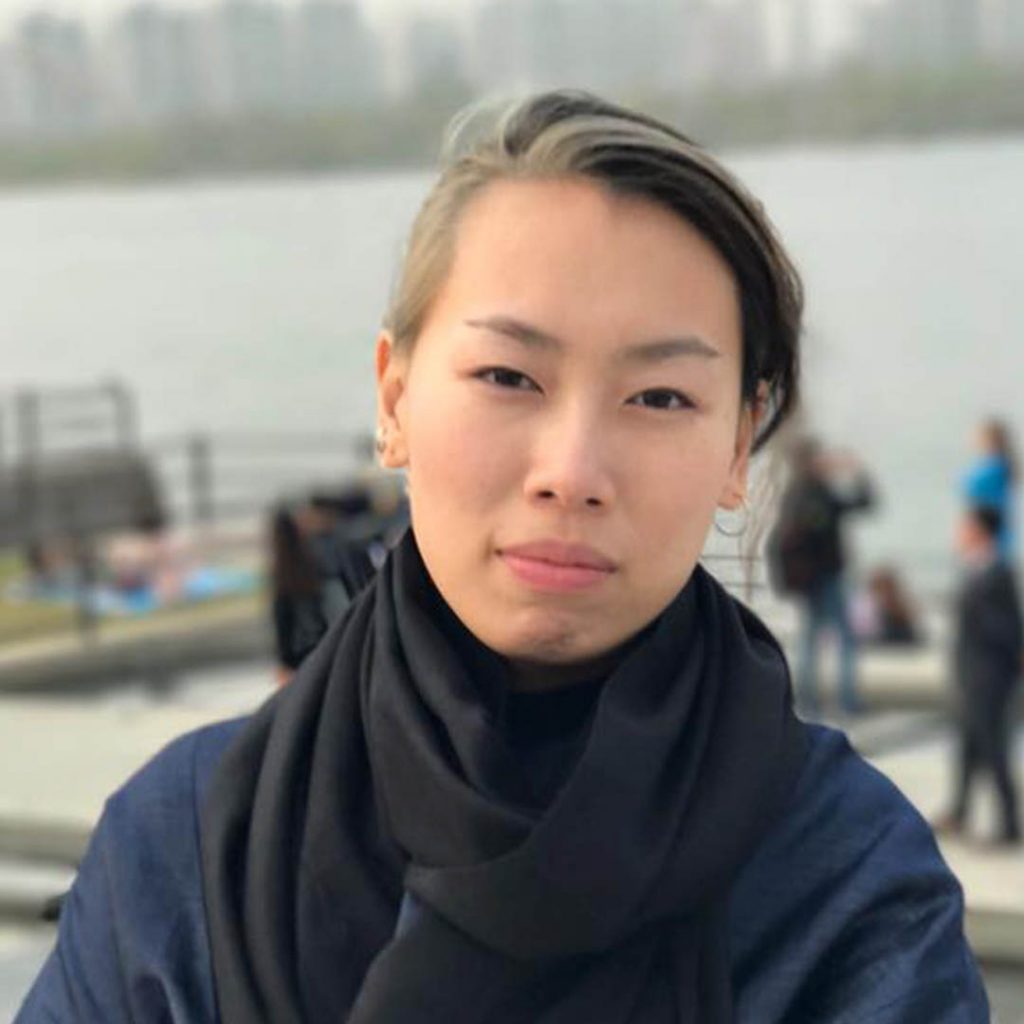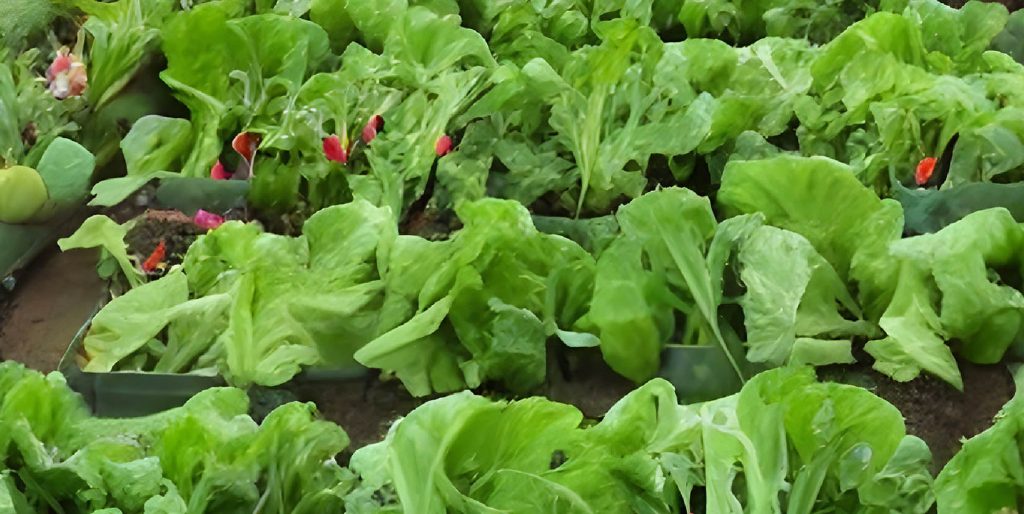HUNGRY ECOCITIES > Humanizing Technology Experiments

Low Carbon Climate Cookbook
Project selected, but not financed.
Combining AI technology and authentic Asian cuisine, this project will develop an AI-driven, web-based low carbon recipe maker and cookbook. It also explores the notion of authenticity in the context of food and AI.
DIRECTION OF EXPERIMENTATION
Local Conditions
TECH TAGS
#explainable AI #sociality of AI #prescriptive AI #WebApp #open source
TEAM
Ling Tan + Studio Other Spaces + KU Leuven (Leuven AI) + In4Art
PROJECT SUMMARY
Combining machine learning tools with authentic Asian Chinese cuisine made together with East & Southeast Asian diaspora communities, the project explores developing an AI-driven, web-based low carbon cookbook that helps people tackle the climate crisis through their relationship to food systems and cooking.
Prescriptive AI will help demonstrate how to prepare low carbon traditional Asian Chinese dishes based on where people live. The cookbook will enable local food consumers to source or replace ingredients to minimise carbon impact while maintaining important cultural authenticity. This will be built on people’s unique understanding of what ‘authenticity’ constitutes and the project will explore how a machine can contribute to creating ‘authentic’ recipes.
Through this, the project aims to interrogate authenticity in food and explores how it affects decisions we make with food to tackle the climate crisis, using AI to help explore new ways of understanding our food systems, not by replacing them with machines, but by working collaboratively with people to develop new ways of preparing and eating meals that would improve our environment, while evoking joy in eating them.
Hence, Low Carbon Climate Cookbook, focuses on Asian food culture (one of the most popular ethnic cuisines in Europe) to investigate ways that Europeans and everyone can learn from it to tackle the climate crisis through changing their cooking and eating behaviours.
The project involves the R&D of an open-source, AI-enabled, low carbon cookbook platform that enables people to experiment with cooking low carbon versions of popular traditional Asian Chinese dishes at home. It will enable people to make sense of the environmental impact of Asian dishes through its data science, learn different cooking techniques and ways to grow or source ingredients locally. The new low carbon dishes encourage uptake of low carbon actions.
GET INVOLVED
Are you an East or Southeast Asian living in the UK or Europe? Are you interested in AI technology, cooking, Chinese food culture, and climate change? This project is actively looking for participants who can participate in our testing sessions. More info and subscribe here.

ARTIST
Ling Tan
Ling Tan is an award-winning designer and artist working within the field of social engagement, technology, citizen participation and politics. Originally trained as an architect, her work explores citizens’ interaction with the built environment through technology, and our collective agency and responsibility in tackling complex issues surrounding our cities.
She works with diverse communities across the UK and internationally to develop participatory projects of different scales, ranging from interactive installations,
performances to pop-up architecture that help them make sense of their environments, express opinions in a playful and performative way, and collectively address issues including public safety, air quality, climate change and gender safety. She designs interfaces, fabricates hardware and develops software for her work, ranging from wearable technology, interactive installations and performances to web platforms, mobile phone apps and Internet of Things (IoT) tools.
Ling is currently an Associate Artistic Director at Kakilang and a Senior Design Lead & Creative Technologist at Umbrellium. She is also a frequent panellist and public speaker on urban technology issues and citizen participation. Her work is exhibited internationally in places such as Centre Pompidou (France), Victoria and Albert Museum (UK), Barbican (UK), Somerset House (UK), HeK (Switzerland), Liljevalchs (Sweden), Zebrastraat (Belgium),
Zollverein (Germany), Fukuoka City Science Museum (Japan), Wits Art Museum (South Africa), and featured in magazines and websites across the globe such as Dezeen, Wired and Fast Company.
